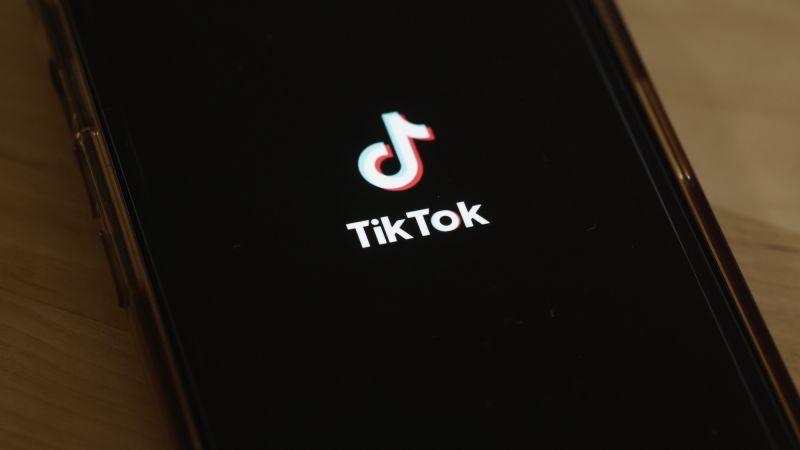TikTok is facing a potential ban in the United States as House Republicans have added a bill to a foreign aid package aimed at helping Israel and Ukraine. House Speaker Mike Johnson aims to have a vote on the aid package as soon as Saturday. The bill has already passed the House in March but has faced delays in the Senate. Supporters of the bill argue that it is necessary to protect Americans’ personal data from the Chinese government, while opponents, including TikTok and various civil society groups, raise concerns about potential violations of users’ First Amendment rights.
In an effort to expedite the legislative process, House Republicans are combining the TikTok bill with military equipment for Ukraine to push for a quick Senate vote. The bill includes a nine-month deadline for TikTok’s Chinese parent company, ByteDance, to sell the social media platform. Failure to meet the deadline would result in a ban of TikTok from US app stores. President Joe Biden has indicated that he would sign the bill if it reaches his desk, but some senators have expressed reservations about the proposed timeline, pushing for a more gradual approach.
Updates to the bill include a longer deadline and the option for the president to extend it by an additional 90 days if deemed necessary. Washington Democratic Sen. Maria Cantwell, who chairs the Senate Commerce Committee, has expressed support for the updated legislation, particularly the extension of the divestment period from six months to a year. Concerns have been raised for years about TikTok’s potential national security risks due to its ties to China, with fears that user data could be accessed by the Chinese government for intelligence or disinformation purposes.
TikTok has denied allegations of unauthorized access to user data by the Chinese government and has implemented measures to protect Americans’ personal information, such as Project Texas, which involved moving US user data to servers controlled by Oracle. Some experts suggest that passing a national privacy law regulating how businesses handle personal information could be a more comprehensive approach to addressing TikTok’s security concerns. Cantwell and Washington Rep. Cathy McMorris Rodgers have proposed a data privacy standard that could potentially break the deadlock on key issues surrounding privacy laws and regulations.
The inclusion of the TikTok bill in the foreign aid package has reignited debates over the app’s potential risks and the need for regulatory measures to protect user data. The bill’s fate in the Senate remains uncertain, as some senators have voiced concerns about the proposed timeline and are advocating for a more cautious approach. The outcome of the vote could have significant implications for TikTok’s operations in the US and its ability to continue serving its 175 million American users. President Biden’s stance on the bill and the ongoing discussions surrounding national data privacy laws highlight the broader implications of the TikTok issue on digital privacy and national security.













